
The Department of Commerce and NOAA announced plans for $27 million to recover threatened and endangered Pacific salmon in the face of climate change.

NOAA Fisheries and the Bureau of Ocean Energy Management (BOEM) released a final joint strategy to protect and promote the recovery of endangered North Atlantic right whales while responsibly developing offshore wind energy.

The U.S. Fish and Wildlife Service has rejected a petition from the Center for Biological Diversity to reintroduce jaguars to the Gila National Forest in New Mexico.

In a first-of-its-kind joint report recently released, leading North American environmental organizations have challenged the Canadian federal government’s annual account of the country’s forestry sector that understates the impacts of industrial logging.

Two solar facilities built on rehabilitated agricultural land were restored with native plants. Argonne researchers observed pollinators thrive.
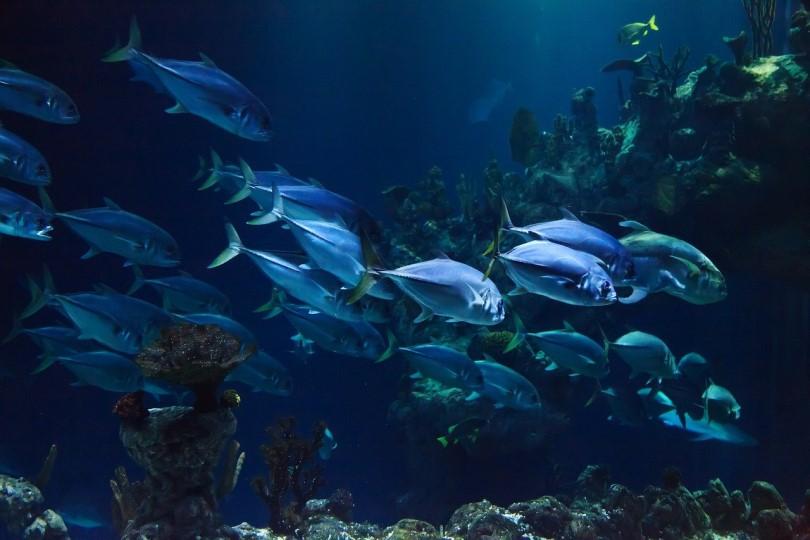
The EU’s top court recently ruled on a case that aimed to bring an end to the “annual scandal” of approving overfishing.
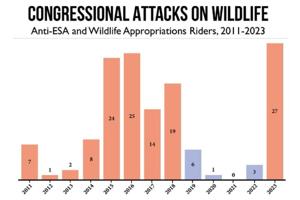
Led almost entirely by Republicans in the U.S. House of Representatives, the fiscal year 2024 appropriations bills contain the largest number of anti-wildlife poison pill riders in the 50-year history of the Endangered Species Act, according to a report published January 16 by the Center for Biological Diversity.

The Avian flu created by factory farming has jumped to mammals and may soon jump to humans.

Curtin University research using thermal imaging of numbats in Western Australia has found that during hot weather the endangered animals are limited to as little as ten minutes of activity in the sun before they overheat to a body temperature of greater than 40°C.
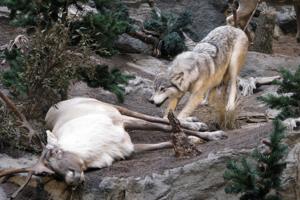
In a win for wolves, Gov. Jay Inslee on January 12, directed the Washington Fish and Wildlife Commission to draft new rules to guide when wolves can be killed for conflict with livestock and prioritize using nonlethal methods of conflict deterrence over killing wolves.

A two-month-old right whale calf whose head, mouth and lips were split open by a boat propeller was seen off South Carolina on Jan. 6. Fishermen who sighted the calf recognized the whale was injured and provided video and images to NOAA Fisheries.
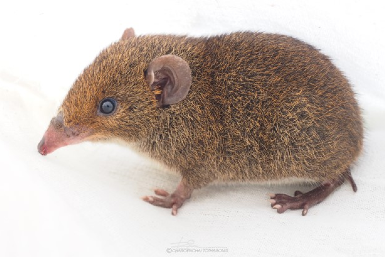
DNA analysis of museum specimens brought the new hedgehogs to light but it isn't know if they all still exist in the wild.
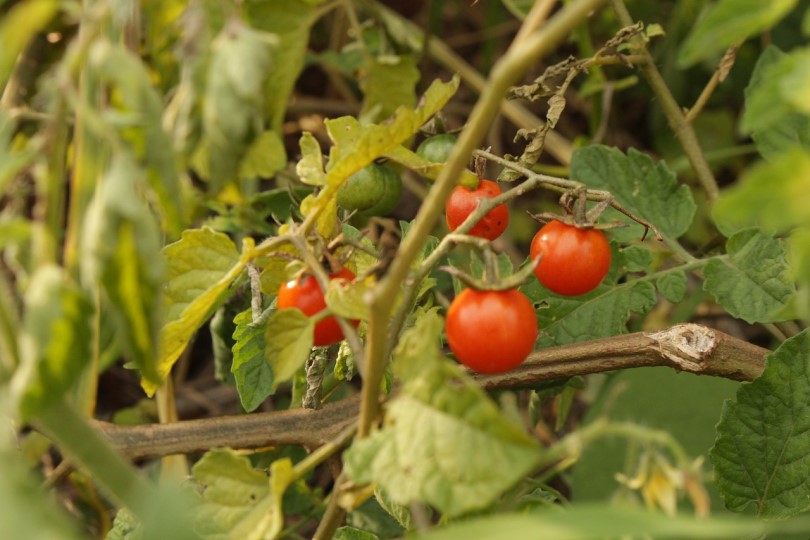
Plants have to be flexible to survive environmental changes, and the adaptive methods they deploy must often be as changeable as the shifts in climate and condition to which they adapt. To cope with drought, plant roots produce a water-repellent polymer called suberin that blocks water from flowing up towards the leaves, where it would quickly evaporate.

The National Marine Fisheries Service announced critical habitat designations today for the threatened Nassau grouper. The agency’s final rule protects more than 900 square miles in the western North Atlantic Ocean. The fish’s nearshore ocean habitat faces threats from pollution, coastal development and climate change harms like ocean warming and acidification.
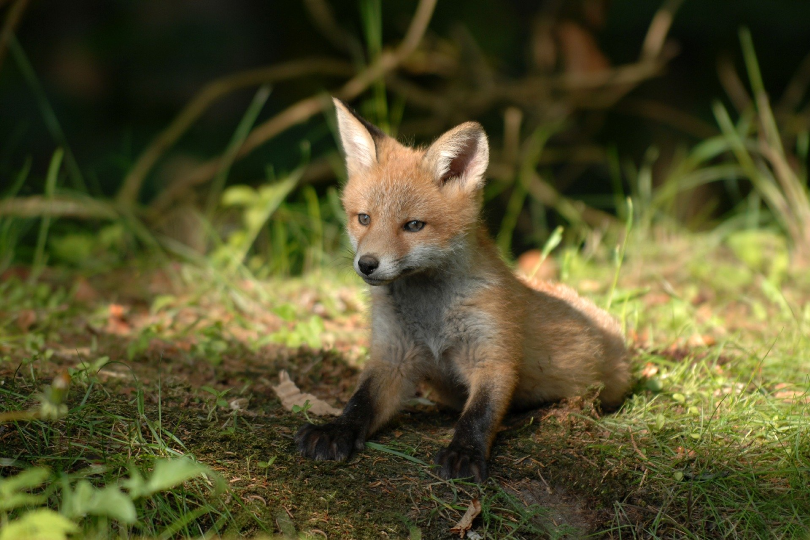
Gov. Kathy Hochul recently signed critical legislation (A.2917/S.4099) ending wildlife killing contests for coyotes, foxes, bobcats, squirrels, raccoons, crows and other species in New York. This historic new law prohibits competitive events during which contestants compete to kill the most, the heaviest and the smallest animals for cash and prizes.

The European Commission decided to refer Ireland (INFR(2018)2319) to the Court of Justice of the European Union for failure to adopt and to notify the penalties applicable to breaches of the Invasive Alien Species Regulation (Regulation (EU) 1143/2014).
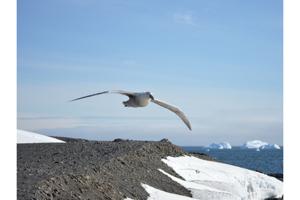
On the eve of the Endangered Species Act’s 50th anniversary, the U.S. Fish and Wildlife Service on December 27 issued a final rule protecting the black-capped petrel as endangered under the Endangered Species Act.

A team of international scientists led by Dr Rebecca Hamilton at the University of Sydney has found that rather than dry savannah in South East Asia dominating during the Last Glacial Maximum more than 19,000 years ago, there was a mosaic of diverse closed and open forest types, upending previous scientific consensus.

The Washington Fish and Wildlife Commission has voted 7-2 to approve a petition to protect cougars and bears through amended state hunting rules. As a result of the Friday evening vote, the Washington Fish and Wildlife Department will open rulemaking with the goal of avoiding overexploitation and population declines and better aligning policy with agency science.

According to a new study, researchers have discovered the marine equivalent of soil microbiomes and “disaster memory” could provide a key to rapid adaptation of some coral reefs to the long-term climate threat of oceanic global heating.
2024 Climate Change News
Inc. All rights reserved